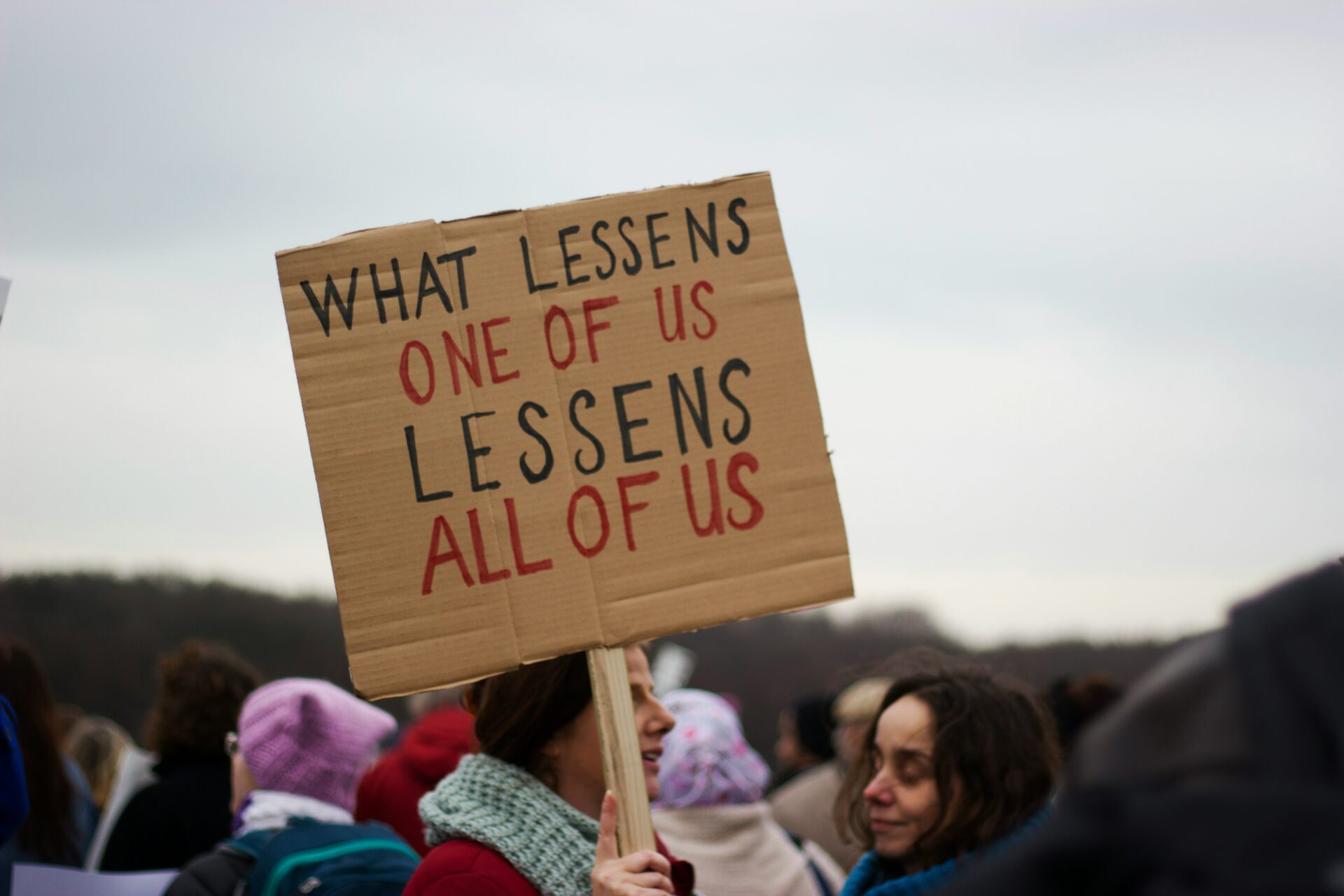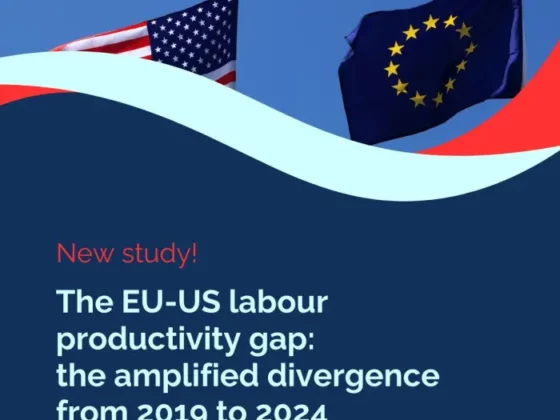
There is a troubling disconnect in the hotel industry between public commitments and meaningful action on gender equality. Nearly every major hospitality brand now publishes impressive-sounding policies on diversity and inclusion but the reality behind the glossy corporate reports tells a different story.
New research conducted by Jin Cao, a researcher in the International Centre for Hospitality and Aviation Resilience Management (ICHARM) of the University of West London, analysed public documents from sixteen major international hotel chains, including annual reports, corporate websites, press releases, and media coverage of their gender equality policies and programmes. The analysis exposed how the industry’s approach to gender equality remains largely performative.
The Policy Parade
All the major hotel companies are masters of the policy parade and of “symbolic inclusion”, where diversity appears on paper but not in power structures. Every major chain analysed in the study has anti-discrimination policies, harassment prevention frameworks, and diversity training programmes. These are the table stakes of modern corporate life and, in fairness, they address genuine workplace issues.
But here is the problem. These policies look impressive on paper but almost none of these are enforced with clear metrics or independent audits. Few hotel companies publish detailed results showing whether their anti-bias training changes promotion patterns or whether flexible work leads to greater retention of women in leadership. Without measurement or accountability, “policies become signals rather than solutions.”
Leadership: Still a Mirage
Perhaps nowhere is this disconnect more apparent than in senior leadership representation. Hotel companies proudly showcase female board members and senior managers in their annual reports. Yet, the analysis finds that these appointments often remain isolated examples rather than evidence of systemic changes to succession planning and decision-making cultures. Without changes to company’s norms and practices, the presence of women in leadership becomes symbolic rather than transformative.
More telling is what companies do not say. Few organisations address male-dominated positions specifically or acknowledge the informal networks and “old boys’ club” culture that continues to shape career advancement. The result is a real industry paradox where women represent the majority in many operational roles but remain significantly underrepresented at senior levels.
Pay Equity: Playing the Numbers Game
On gender pay, the story becomes even murkier. Hotel companies often present narratives about progress that may be considered misleading. They claim to have closed pay gaps, however, detailed audits are rare and granular data even rarer. Even when base pay is technically equal, deeper issues remain in how men and women advance their careers, get promoted, and access performance bonuses. This reluctance to provide specific data suggests that headline pledges about pay equity may mask ongoing inequalities. Without systematic changes to job evaluation practices, reward structures, and addressing the historical devaluation of women’s work, surface-level adjustments are not sufficient.
The Development Trap
One of the most concerning findings relates to how companies frame the solutions to gender inequality. Leadership training, mentoring programmes, and women’s networks abound in corporate documentation, with hotel chains offering targeted career support through various coaching and development initiatives. But, these interventions carry a hidden message: instead of addressing the barriers that keep them back, the burden of change squarely on women themselves. Development programmes are frequently presented as ways to “equip” women to overcome obstacles, as if inequality stems from women’s deficiencies rather than organisational norms and practices.
The Partnership Paradox
Many hotel companies showcase partnerships with women’s advocacy organisations and chambers of commerce as evidence of their commitment to equality. Hotel groups present relationships with women’s leadership initiatives as strategies to demonstrate external accountability and social legitimacy. Yet, these partnerships rarely include evaluation frameworks or transparent outcome reports. Although the symbolic value of such alliances is significant, they serve branding purposes more than they dismantle barriers inside the company.
The Cultural Blind Spot
Perhaps the most significant finding is how corporate documentation consistently avoids to address workplace culture and informal barriers. The policies focus heavily on procedural compliance and legal risk mitigation but rarely engage with the cultural dimensions of inequality. This is an important disconnect with academic research, which consistently shows that culture and not policy is the true battleground for equality. Still most hotel companies continue to treat culture as secondary, preferring compliance checklists to deep structural change.
Beyond Performative Measures
There are some notable exceptions of hotel companies that take more comprehensive approaches. Some leading hotel brands have clearer pay gap reporting, publish explicit gender parity targets, and adopt more robust measurement systems. They also embed gender equity considerations in supplier diversity programmes, develop re-entry pathways for returning caregivers, and co-design leadership development with women’s professional networks. These examples show that real change is possible when companies move beyond symbolic gestures to structural interventions.
The Takeaway
The hospitality industry stands at a crossroads. Although women form the majority of the workforce they remain strikingly underrepresented in positions of power. The current approach to gender equality is clearly not working. Unless hotels confront the cultural and structural roots of inequality, the industry will remain trapped in a cycle of symbolic compliance and slow progress.
For an industry built on people, talent, and service, gender equality is not only a moral imperative but a competitive advantage waiting to be claimed. Those who act boldly will not just change their company narratives but the entire industry.
Jin Cao
Doctoral Researcher from the International Centre for Hospitality and Aviation Resilience Management (ICHARM), University of West London
University of West London






